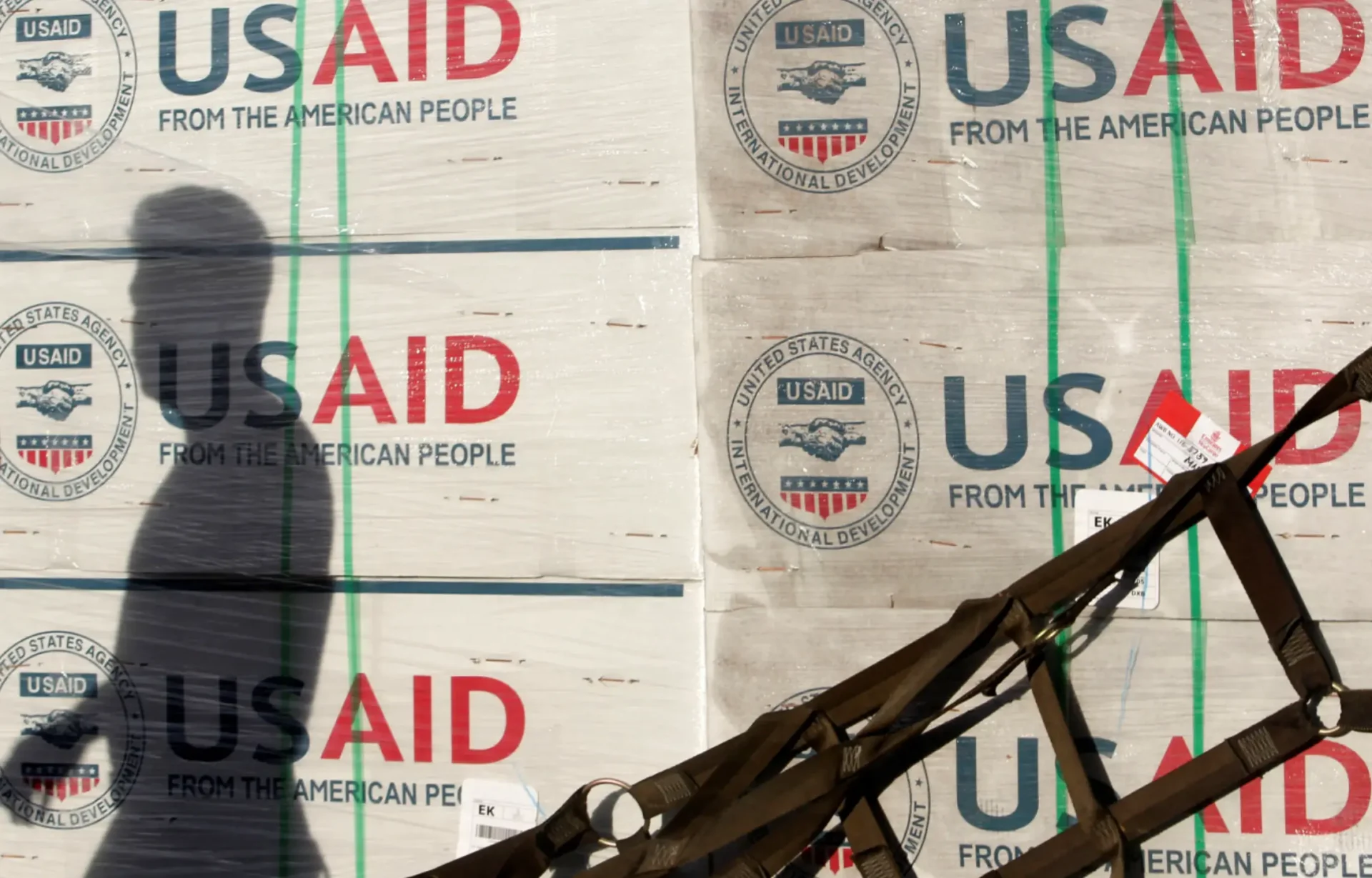Colombia has been plagued by internal conflict since its independence. The absence of the state in the most remote regions, combined with structural inequality, has allowed armed groups to occupy spaces abandoned by the central government, leaving the civilian population trapped between conflicting interests. The lack of necessities has become the norm, reflecting the weakness of a state that fails to guarantee dignified living conditions for its inhabitants.
Given the inefficacy of governments in addressing these issues, international cooperation has emerged as a key instrument for mitigating human suffering and compensating for the absence of the state. Multilateral organizations, NGOs, and foreign governments have implemented projects ranging from restoring eroded land to strengthening democracy and consolidating peace. These efforts have highlighted the importance of international support in resolving Colombia’s social challenges.
Aware of this reality, successive Colombian governments have turned to external aid to reduce social gaps, particularly from their main trading partner: the United States. Since the creation of the United States Agency for International Development (USAID) in 1961, Bogotá and Washington have strengthened ties through joint projects aimed at reducing inequalities in a country battered by armed conflict. USAID has funded programs focused on economic empowerment, regional governance, sustainable agriculture, and environmental impact, playing an essential role in regions where the state has little or no presence.
Abandoned to their fate
Following recent statements by President Donald Trump expressing ambivalence between USAID’s program objectives and U.S. national interests, uncertainty arises about the future of the communities benefiting from projects in Colombia. Between 2018 and 2024, the country received approximately US$1.2 billion in aid for humanitarian assistance, making it the largest recipient of external aid in Latin America and the Caribbean.
Currently, Colombia is experiencing a deep public order crisis, especially in border areas. The intensification of violence by armed groups fighting for control over criminal revenues and absolute power in strategic zones for illicit activities has led to the forced displacement of thousands seeking safety amid state neglect. In this context, financial resources and highly qualified personnel from the U.S. agency helped mitigate the effects of a crisis that the Colombian state has been unable to address.
Cases like that of Tumaco, a municipality on the Pacific coast where programs for human rights protection and quality of life improvement have been developed, are clear evidence of the importance of having a strategic ally in conflict zones. However, USAID’s departure from the country and the eventual dismantling of its organizational structure leave a difficult void to fill. For local communities, the agency’s presence has been their only hope for a dignified life.
What now?
After a thorough review of USAID by Washington, U.S. Secretary of State Marco Rubio announced the White House’s decision to officially cancel 83% of its active contracts. This is an unprecedented decision for an entity that has benefited the world’s most vulnerable communities for more than seven decades. The lack of continuity in local initiatives could lead to a resurgence of illicit activities and a surge in violence, along with the risk of social progress unraveling without external assistance.
This scenario raises a key question: To what extent can international cooperation be a lasting solution or replace the role of the state? It prompts reflection on the need for structural reforms to address internal problems by creating synergies with international actors and assuming a more active role in sustaining projects. This would ensure that the benefits gained do not disappear with the departure or dismantling of aid organizations, as is happening with USAID.
Now, the primary focus should be on designing public policies that maximize the long-term impact of projects. This way, humanitarian assistance can be seen as a complementary action to prevent human suffering rather than a substitute for constitutional duties. The cessation of USAID operations in Colombia reveals an uncomfortable truth: international cooperation can benefit communities in the short term, but it can never take on the state’s responsibilities.
*Machine translation proofread by Janaína da Silva.













